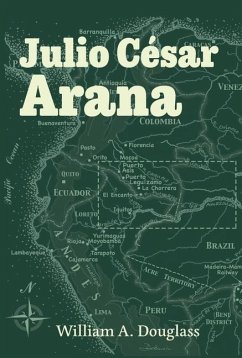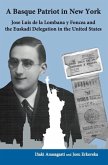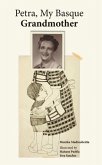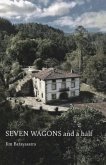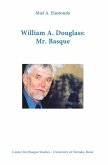Beginning in the mid-nineteenth century, the planet's economy experienced what is called the rubber "boom", fed initially by the collection of wild latex in the Congo and Amazon river basins. In both of its wild-rubber venues, the boom would eventuate in international scandal. The two bete noirs of the story were King Leopold of Belgium and the Colombian rubber baron Julio Cesar Arana. If Leopold wrote the introduction and early chapters of the book of rubber scandals, Arana would be the author of its final chapter and conclusion. It was in the Middle Putumayo/Caqueta, or what the author calls "Aranalandia," that Julio Cesar was allegedly responsible for the deaths of thousands of Huitoto, Andoke, Bora, and Ocaina Indians. Eventually, the atrocities provoked major international concern over what came to be known as the "Putumayo Scandal"--leading to months of public "Hearings" in London (1912-1913) conducted by a Select Committee of the British House of Commons. Arana has passed into history as one of the iconic perpetrators of the Age of Genocide, otherwise known as the twentieth century.
Hinweis: Dieser Artikel kann nur an eine deutsche Lieferadresse ausgeliefert werden.
Hinweis: Dieser Artikel kann nur an eine deutsche Lieferadresse ausgeliefert werden.

